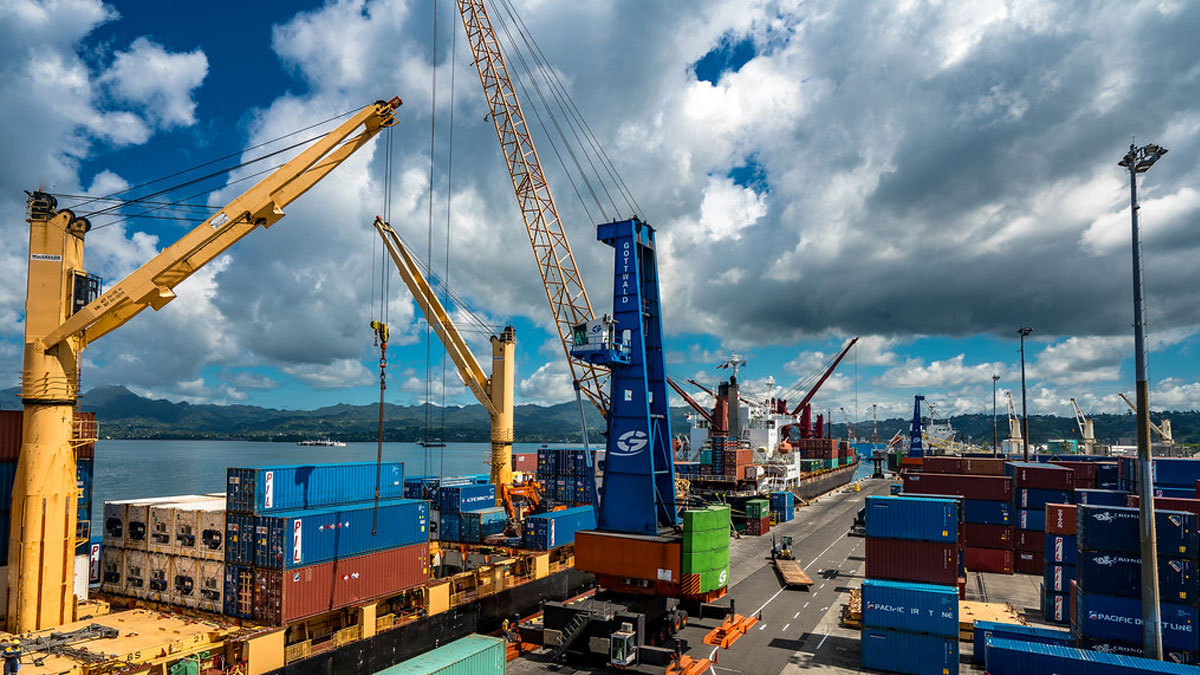
The management of government debt, and growing the Gross Domestic Product will be the key for the coalition government as it prepares for the delivery of the 2024/2025 National Budget.
The question remains on whether government debt will hit around $10.5 billion by the end of this month and $11 billion by July next year.
All this will be answered based on the actual figures against the projected ones in the current budget, and whether the government is looking at innovative ways to increase revenue and to slow down the borrowings which stood at about $9.882 billion after the 2022/2023 National Budget.
The clear push needed to increase our GDP which is the total value of the goods and services produced in the country, will be reflected in the budget on how much we plan to do to grow sectors like agriculture, mining, the small and micro enterprise sector, the Business Process Outsource sector, fisheries, forestry, and the expansion of the tourism sector.
We also need to do more to get more productive and build on our exports as in 2023, total exports were forecast to grow to $2.4 billion.
Our imports totalled $6.7 billion last year, led by growth in mineral fuel, machinery and transport equipment and food imports. Although import costs are expected to moderate from easing supply disruptions and lower commodity prices, the demand for imported items is expected to remain elevated given the pickup in domestic economic activity. All of the targeted growth plans need maximum private sector input through an environment that brings confidence into the economy.
A multi-faceted approach is also expected to tackle the concerning hard drug problem in the country after the launch of the comprehensive Counter Narcotics Strategy – the funding of this to target the demand, supply, harm reduction and legal reforms will be announced in the new budget.
An ambitious government revenue target was set for this budget year at $3.7 billion and $3.8 billion projected for the new budget year.
The government’s expenditure strategy states that in the medium-term, expenditure allocations will be guided by undertaking a holistic review to right-size the civil service and contain the public sector wage bill; tightening control on operational expenditure, including travel, communications, training, workshops, fuel and maintenance, and purchase of supplies with KPIs of agency heads and Permanent Secretaries linked to these targets; conducting proper investment appraisal and project selection for all new capital projects as per Public Sector Investment Program and National Infrastructure Investment Plan; resources must be allocated based on a multi-year perspective and the Zero-based budgeting requires that all Ministries and agencies provide proper justification for every dollar of funding requested.
The process of zero-based budgeting starts from a "zero-base," and every activity within an appropriation head is thoroughly analysed.
They also plan to encourage more private sector participation in public infrastructure projects and delivery of other public services through Public-Private Partnerships (PPP) and other innovative arrangements; proper and effective monitoring of projects and budget utilisation through the Ministry of Finance; and funding for ongoing programmes to be based on assessment of current and past performance and progressive achievement of planned outputs.
Deputy Prime Minister and Minister for Finance, Professor Biman Prasad will deliver the 2024/2025 National Budget at 10am tomorrow.
Stay with fijivillage for the live budget address and analysis on how the budget announcement affects you. We will provide you the latest updates on what taxes and duties are going up or down, and how it affects your pockets, and where the government is focusing on spending the money to improve services in the 2024/2025 budget year.
Click here for more Budget 2024-2025 stories
Stay tuned for the latest news on our radio stations

